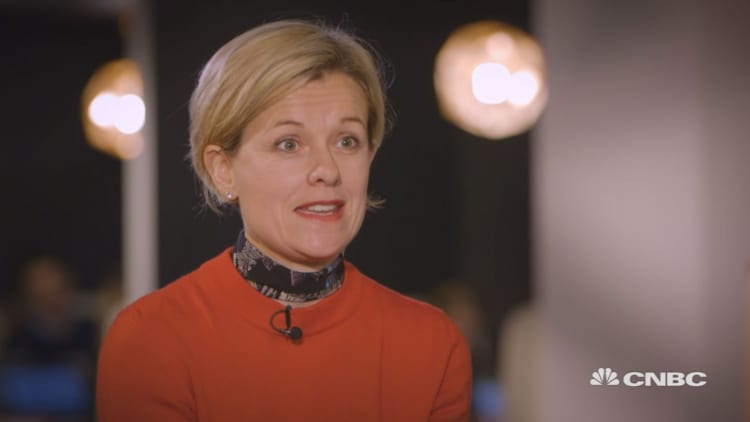
When Samuel Pearson founded a small building company in the north of England back in 1844 he would have had no idea that his eponymous business would become the largest education provider in the world.
But Pearson was to see a number of incarnations, including construction company (it built the Grand Canal in Mexico City, and the East River tunnels connecting New York City to Long Island), newspaper publisher, banking business, and oil baron.
Now the conglomerate has decided to focus on education, after selling its non-core assets. Most recently, it sold the Financial Times to Nikkei for £844 million ($1.1 billion) in 2015 and its stake in the Economist to Exor for £469 million in the same year.
Pearson's global marketing officer Kate James says this new focus is a great opportunity. "Whether you talk to parents, families [or] governments around the world, everybody is really clear [that] to get a better life, you need a great quality education," she told Marketing Media Money. Around 750 million people lack basic literacy skills, so as well as being a business opportunity it can also have a social impact, James explained.
The business can be single-minded in its strategy, going from being a portfolio of companies with different models, to one with a sole focus. This is also a transition that applies to marketing.
"Because we didn't look at it from a global strategic approach, (we were) not always focusing our marketing efforts (on) where we are going to get the greatest return.
"So the opportunity for us now is to be able to step back and really focus on those areas where we get the greatest return, and also to think about the synergies. So a lot of the work that we've been doing this year in setting up our new global marketing capability is building those centers of expertise."
One of those centers is Pearson College London, a private, not-for-profit school, and it has also teamed up with IBM to use its Watson artificial intelligence product as a virtual tutor, an initiative it is piloting in the U.S.
The virtual tutor will check that students understand topics studied as well as feeding back to human teachers. James sees this as a huge opportunity for Pearson, given that two thirds of its revenue now comes from digital avenues.
"The way that students and future generations consumer education understandably is through digital channels. And it gives us this massive opportunity in terms of personalized learning (that we've) never been able to do before."


